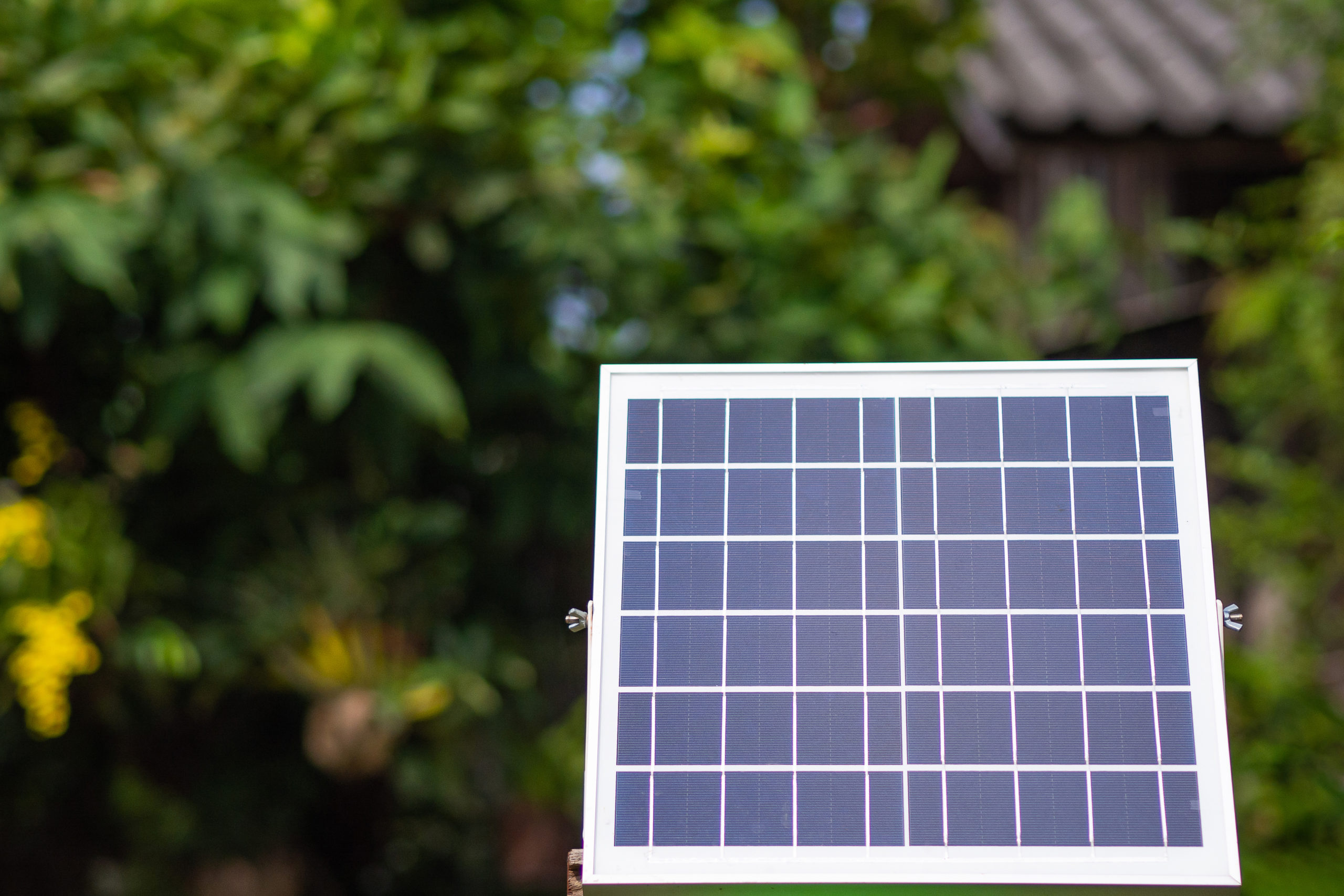When moving electricity from your solar panels into your batteries or directly into items in your home or RV that need power, it’s critically important to use the right gauge wire to reduce power loss and avoid too much resistance
Sources of Resistance
No matter the wire you choose, there will always be some resistance in moving electricity from the source (the solar PV cells) to the receiver (the battery, if charging, or directly into the item you’re powering. This resistance is caused by the carrying capacity of the wire itself, or the diameter of the copper in the wire. While there is always some power loss in the transfer, resistance is also found in the length of the wire.
Voltage
In this example, imagine that you’re planning to generate 12 volts of power for your RV camper. This calculatorcan help you determine the best wire for the job by calculating:
- voltage output, with
- amperage produced, and
- distance the power has to travel
If you’re struggling to visualize any of this, think of electricity as water inside a hose. If the hose is narrow, a high level of flor of water at the source will create a lot of pressure (resistance) in the hose. If the hose is longer than necessary and water has to be forced through several unnecessary coils, the flow of water won’t be efficient.
While a slow, overloaded water hose can be a challenge, choosing the wrong gauge wire can be dangerous. Wires may overheat in the transfer process and can fail over time.
Efficient Planning for Multiple Steps
In addition to choosing the right wire, be aware that solar power doesn’t enter your home or RV in a perfectly usable form. The power coming from the panel is DC or direct current. This power will need converted into alternating current to run most electronics, though your solar panel can directly power the batteries in an RV.
This diagramoffers a good visual on how the power from your solar cells has to be altered to successfully power your home or RV.
Get Some Help
Even the most experienced DIYer can get themselves into trouble when handling electricity. Your solar system will likely come as a kit rather than separate panels, and it’s critical that your system is consistent when you put it together to avoid dangerous and costly mistakes.
Solar power is a great option for your home or RV. Not only is it an effective way to use a renewable resource, but it’s not hard to add to your solar system once your first PV panel is in place. Consider working with a pro for your first set up, learn as much as you can from a properly installed system, and expand as you go.







